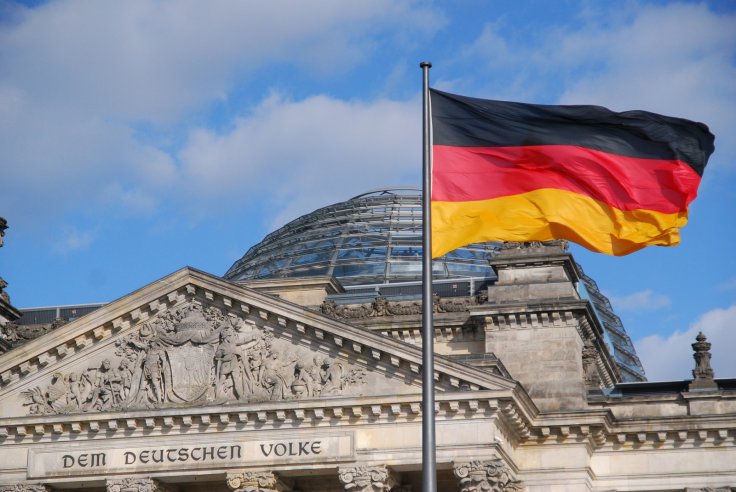Germany can avoid a second wave of the coronavirus pandemic and a new 130 billion euro ($147 billion) stimulus package should help Europe's largest economy recover from the second half of the year, ministers said on Friday.
Germany's economy has taken a battering after many firms went into lockdown in March to curb the spread of the coronavirus and the government expects a 6.3 percent contraction this year - which would be its worst recession since World War Two.
As part of the stimulus package, the cabinet agreed on Friday to cut value-added tax VAT to 16 percent from 19 percent from July 1 until December 31 in a bid to boost consumption and to give parents a cash handout of 300 euros per child. "We want to make sure that the economic trough is passed in the second half of the year," Economy Minister Peter Altmaier told a news conference.
Germany's Economy Has Taken a Battering

He later said the first signs of recovery were already starting to show. "In some sectors, we are seeing some hopeful developments," he said, adding that it would likely take until 2022 for the economy to get back to the position it was in before the virus struck. Both measures agreed on Friday are part of a wider package the government announced last week and which the DIW institute has said could boost economic output by 1.3 percentage points this year and next.
The stimulus measures come on top of a 750 billion-euro rescue package agreed in March which encompassed a debt-financed supplementary budget of 156 billion euros. Germany's measures, which together with liquidity aid and loan guarantees equal more than 30 percent of its economic output, go substantially beyond any other national emergency programs launched by other euro zone countries.
Germany can afford generous spending splurges as it has had a balanced budget since 2014. Finance Minister Olaf Scholz told a joint news conference with Altmaier that Germany was well placed to avoid a second wave of the virus - a risk that unnerved financial markets on Thursday. The chances were "very, very large that we will get past this major problem," Scholz said.








